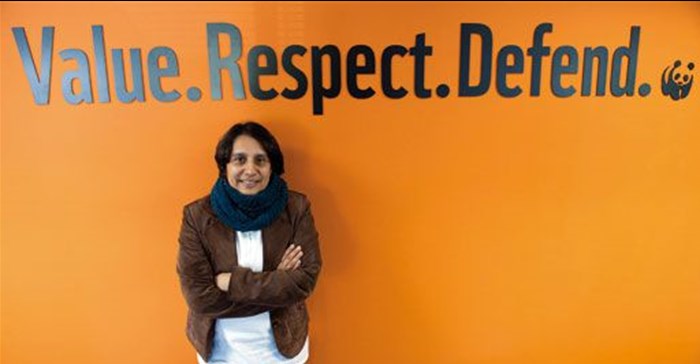
Related
Top stories






More news


Marketing & Media
Ads are coming to AI. Does that really have to be such a bad thing?













Describing her aha moment at the 2017 WWF-SA Living Planet Conference, Essop's concerns about the serious challenges of poverty and her broadening understanding of the impact of climate change on the poor collectively ignited the idea to launch the Energy Democracy Initiative.

She lamented the missed opportunities from South Africa's hard-won freedom which she believes have not materialised in more meaningful ways. Renewable energy, however, provides a means to redress this. "People will have power," she said, "and they will have power in doing so."
The Energy Democracy Initiative is a startup that aims to work with grassroots communities, empowering people to not just be consumers of electricity, but to actually generate electricity. Essop emphasised that communities will plan, deliver, fundraise and eventually own their own decentralised energy systems.
@Energydemocracyinitiative community capacity building workshop in Belhar, Cape Town with @TasneemEssop pic.twitter.com/MfqlDenf44
— FES South Africa (@FES_SouthAfrica) June 7, 2017
The sustainability of the initiative and for the community, Essop explained, lies in its ability to sell surplus electricity either back to the municipality or to Eskom. "Those battles still need to be fought because the regulatory environment doesn't allow for it, but I wasn't going to start with the obstacles," she said.
"This technology has the ability to bring power back to people. It has the ability to ensure that we achieve social justice because people will not only be employees in some company, but can actually be the owners of the means of production and generation of electricity."
Tasneem Essop previously worked for the Global Climate and Energy Initiative at WWF International after working as an international climate advocate for WWF South Africa. She is also a serving her second term as a commissioner in the National Planning Commission of South Africa.
